Counterproductive sanctions united world against US: Analyst
Western-imposed sanctions have proved to be self-defeating as they have forced targeted countries to join forces against the United States and promoted economic independence among them, according to a political analyst.
John Bosnitch, a Belgrade-based journalist and activist, told Press TV on Saturday that despite the unilateral sanctions, Iran and other countries subjected to the boycotts are becoming more self-sufficient.
“These sanctions have backfired and they have united the world against the United States,” Bosnitch said, citing Serbia, Cuba and Russia’s success in neutralizing the sanctions.
“During the 1990s, when the United States put sanctions here on Serbia [following the Yugoslav Wars], Serbia developed entire new industries and autonomous production inside the country, eliminating the need for many Western imports,” he said.
“The same thing, of course, has happened with Cuba,” he added.
Almost a 6-decade embargo on Havana is still in place as Cuba and the US became ideological foes soon after the 1959 revolution that brought Fidel Castro to power, and their ties remained hostile even after the end of the Cold War. It is the most enduring trade embargo in modern history.
“And we now hear that Russia is a net agricultural exporter, after many decades of having to import agricultural products,” Bosnitch said, pointing to Russia’s newfound status as a net seller of agricultural products for the second consecutive year since 2020.
Russia earned record revenues from food exports in 2021, having exported $37.7 billion in foodstuffs. It set a record of $30.5 billion in 2020.
“So, what we’re seeing is not just isolated results that are so successful, but a blanket response of productivity, autonomy, and independence economically as a result of American sanctions,” he said.
Bosnitch then lauded Iran’s “Look to the East” policy to form alliances with non-Western countries who shared interests with the Islamic Republic, including China and Russia.
He also said the Iran-China landmark strategic partnership agreement for the next 25 years would lead to a greater level of integration in other areas other than just energy.
“China has a great number of technologies and productive capacities that will be of interest and of great use to Iran. Iran also has its excellent drone technologies and military defense technologies that it is certainly more than willing to share with countries facing similar pressure from the United States,” he added.
The $400 billion deal between Tehran and Beijing was announced during a visit by Chinese President Xi Jinping to Tehran in 2016 and signed in March 2021. It seeks to enhance cooperation between the two countries in economic, political, cultural, security, and defense areas.
Bosnitch also said that after the recent establishment of a direct shipping route between the Islamic Republic and Venezuela, their trade rate is bound to grow regardless of the US embargos.
In a statement on Friday, Iran’s embassy in Caracas said a cargo ship will leave Iran for Venezuela every three months amid the US’ tightening of sanctions on both nations.
“I’d also like to predict right now that the ‘one boat every three months’ is going to become one boat every month with Venezuela. And after the first two months, it’s going to become one boat every week, because the natural flow of trade between countries under sanctions can only explode exponentially,” he said. He added that both Iran and Venezuela reserve the right to trade on the open seas.
“These countries have the right under the World Trade Organization to trade and the United States cannot legally sanction or block trade between two independent countries on the open seas,” he said.
Elsewhere in his remarks, Bosnitch said Iran’s accession to the Shanghai Cooperation Organization (SCO) is a means to protect its rights and territories.
“There is no doubt that the SCO is about to become, if not already, the world’s single largest and most important Economic Cooperation Organization. And with the increase of economic cooperation, we’re going to see cultural, political, and military cooperation to protect their domestic territory and their rights,” he noted.
He said the SCO can be regarded as “the major element in the pendulum shift” toward the east.
The SCO – made up of China, India, Pakistan, Russia, and the ex-Soviet Central Asian nations of Kazakhstan, Kyrgyzstan, Tajikistan, and Uzbekistan – was set up in 2001 as a counterweight to Western organizations that are hostile to countries such as Iran.
SCO member countries account for more than 40 percent of the world’s population and contribute about 30 percent of the global gross domestic product (GDP).
He also slammed the US as a “global bully” over using its “brute force” against Iran and other countries. However, he said it has failed to push them around.
“The Americans have run into Russia. They have run into China, and they have now run into Iran. And they are not going to be able to push around neither Russia nor China nor Iran. And this is the way the bully is brought into line. And if necessary, this is the way that the bully is brought down,” he concluded.
Hamas says will not disarm, demands stronger ceasefire guarantees
Iran rejects coercion, calls on West to ‘reverse course’ for trust-building
Yemen’s Ansarullah, ousted regime agree to release 2,900 prisoners
Venezuela denounces US for ‘greatest extortion in history’
VIDEO | Israeli strike kills three in Lebanon as regime mulls renewed war
VIDEO | Hundreds gather outside UK Ministry of Justice, demanding strikers’ release
VIDEO | Israeli forces launch major military operation in Qalandia, north of occupied al-Quds
VIDEO | Press TV's news headlines


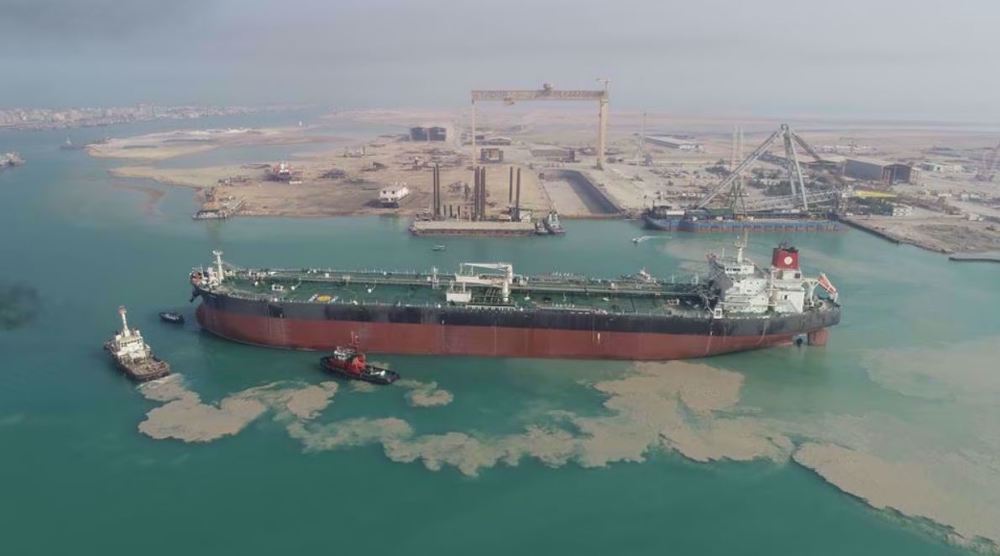
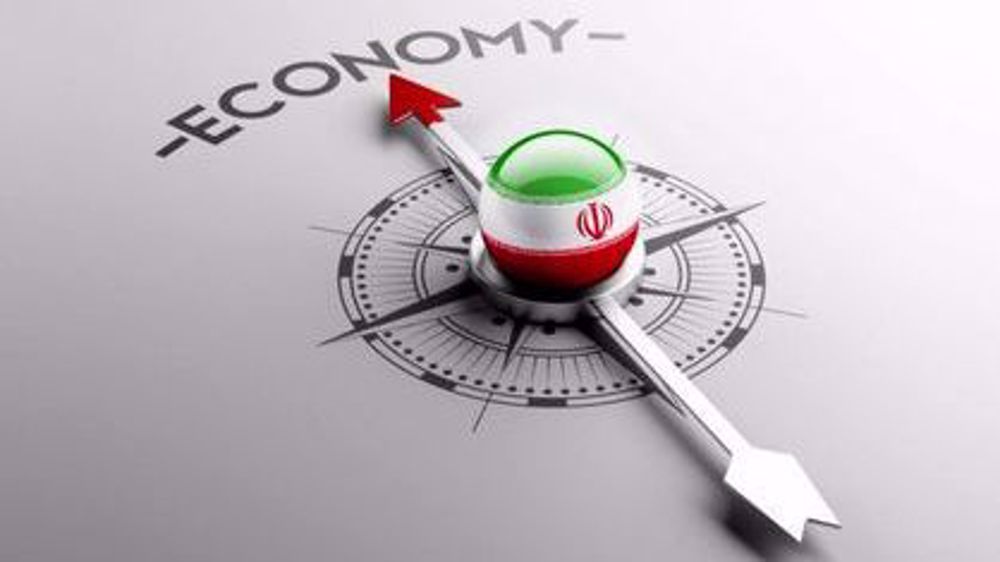
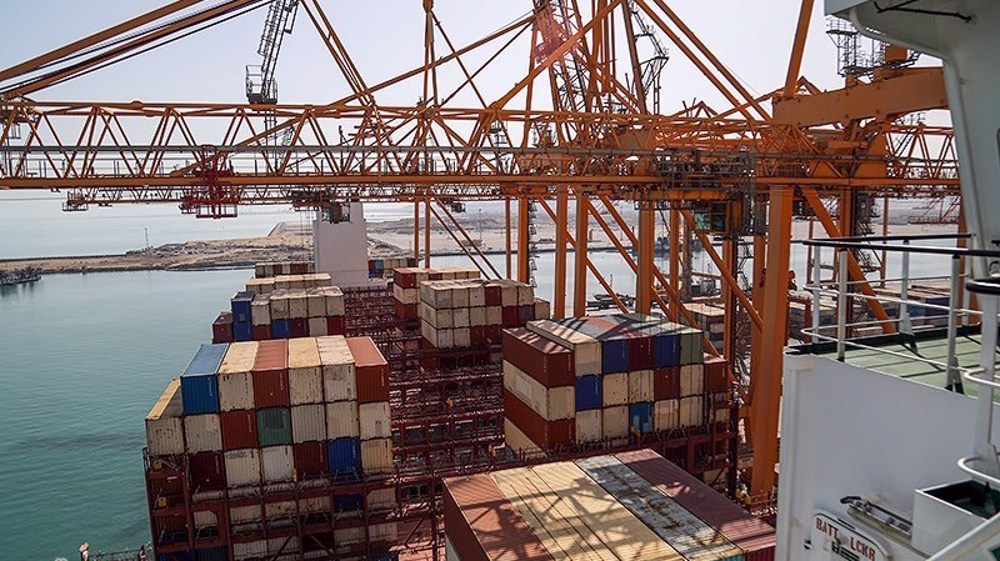

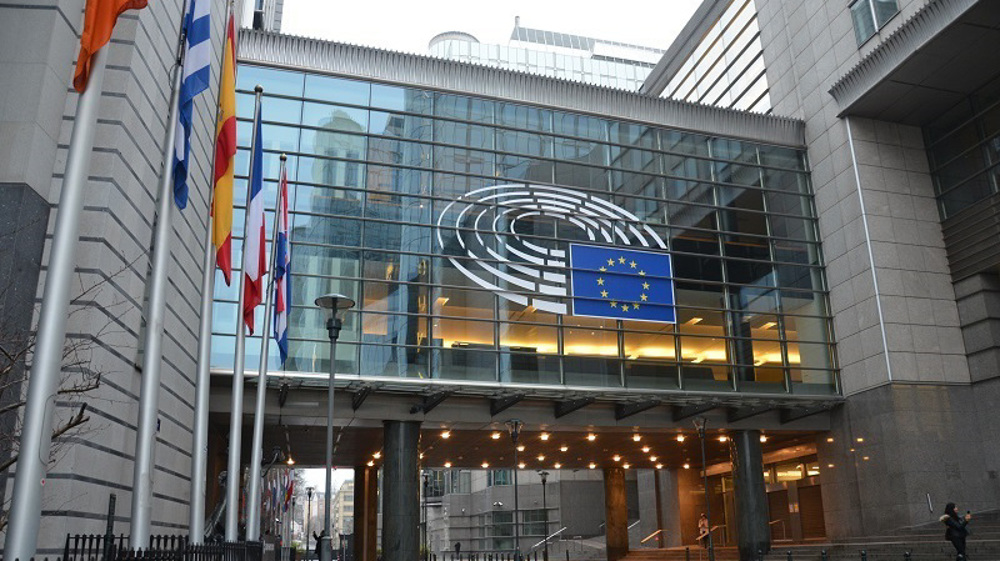




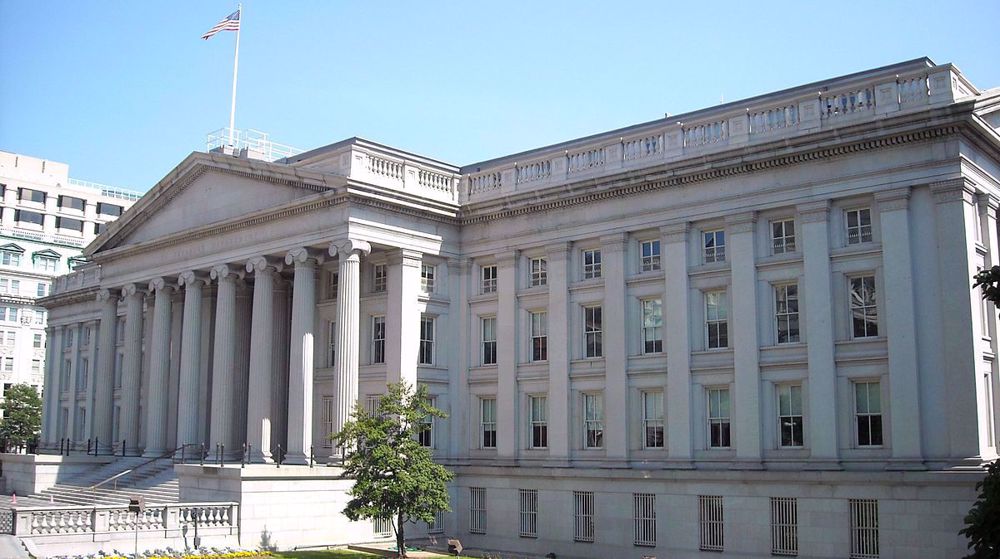
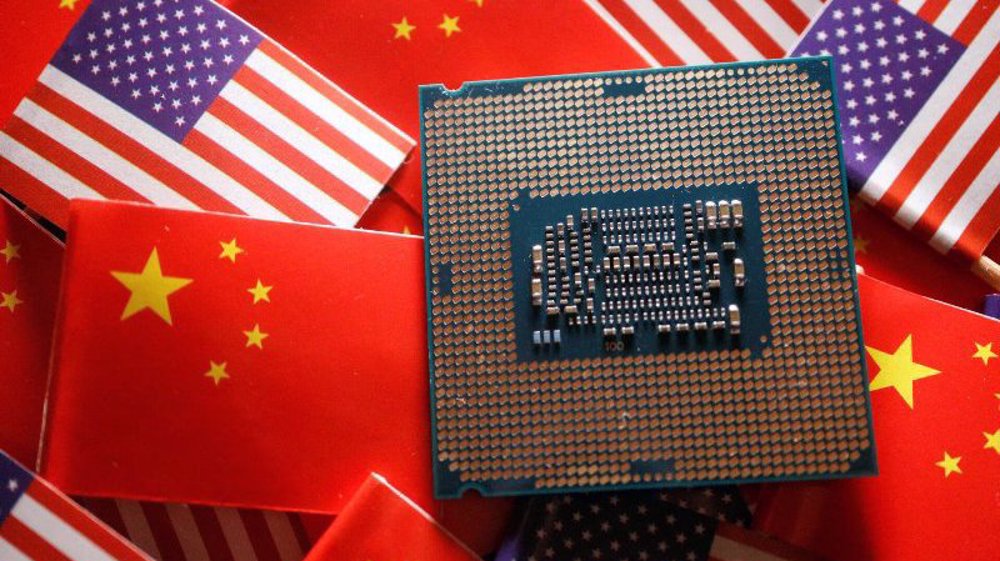
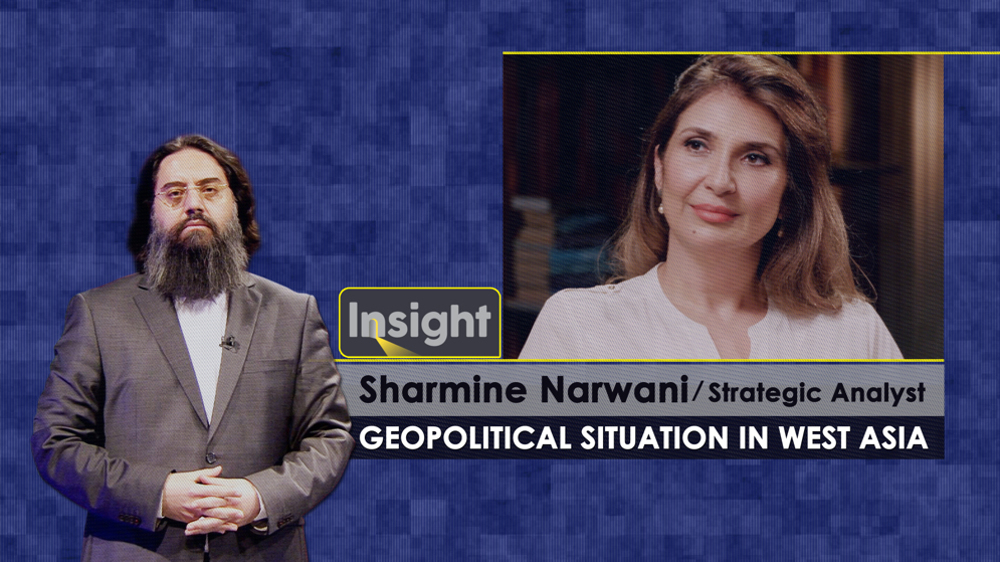
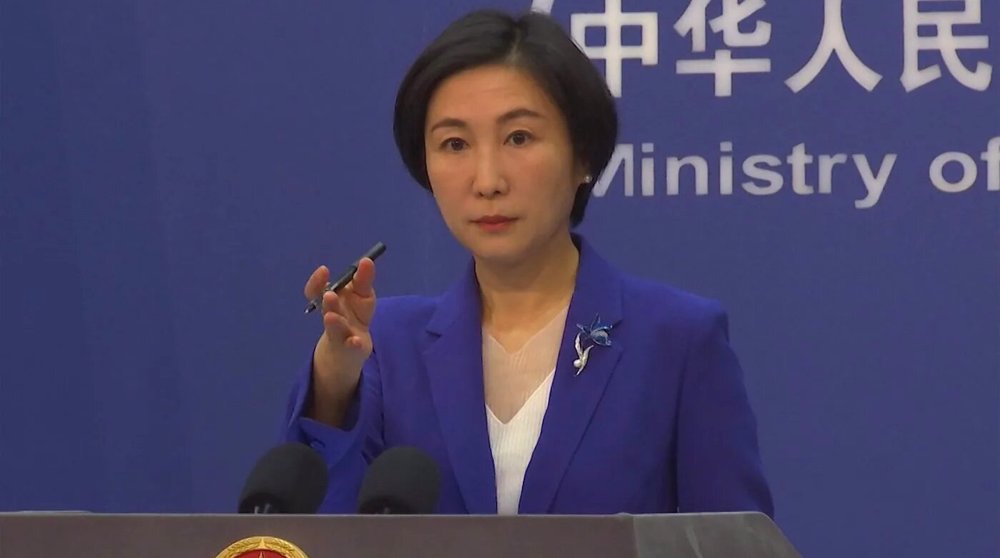
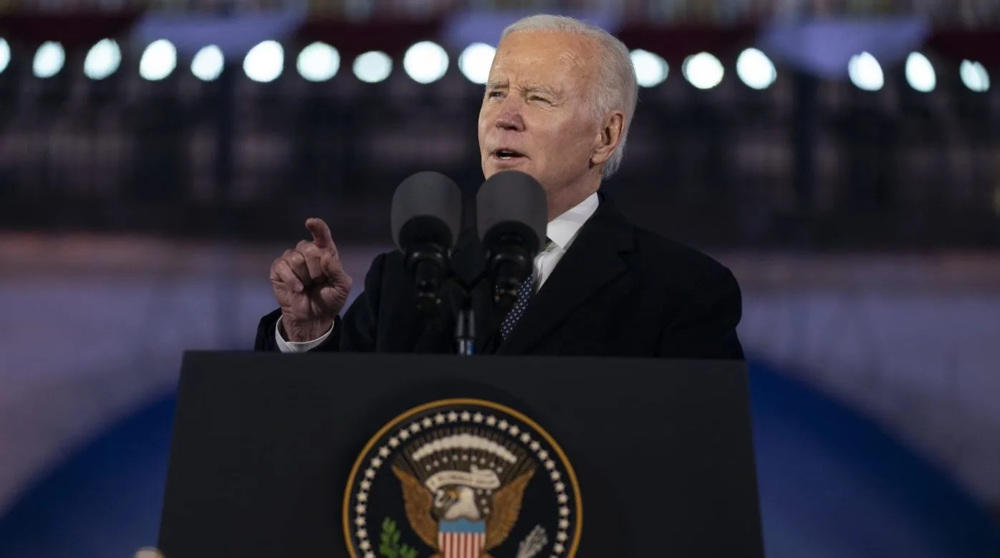

 This makes it easy to access the Press TV website
This makes it easy to access the Press TV website